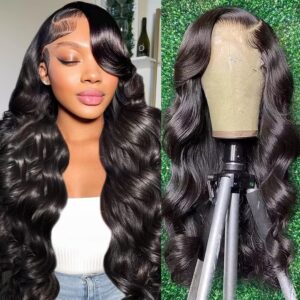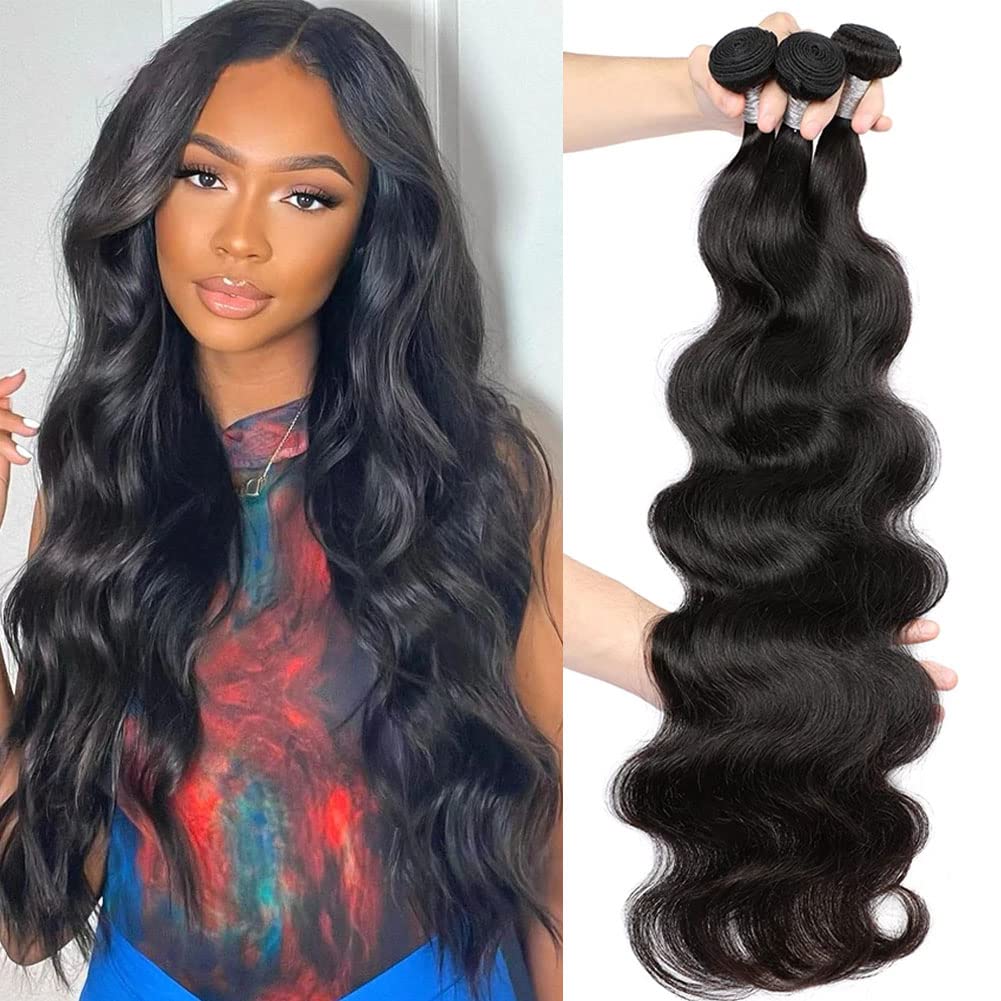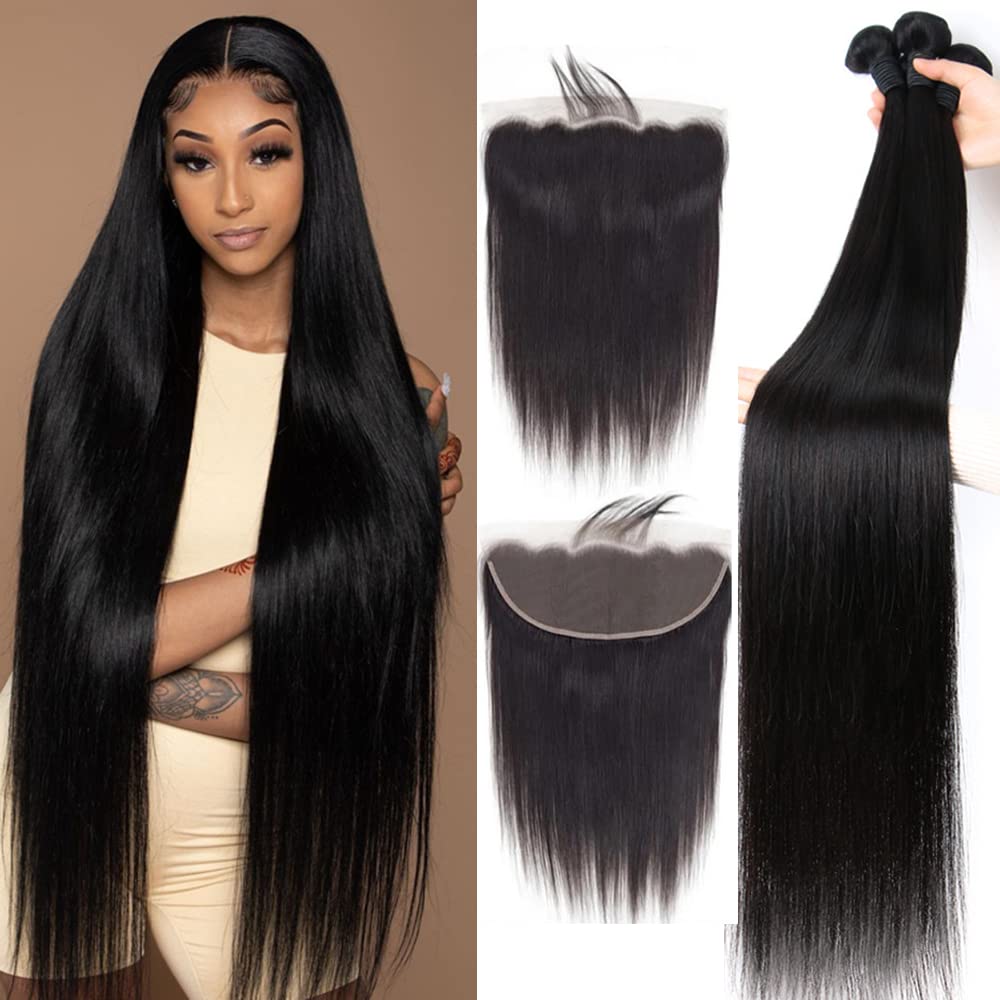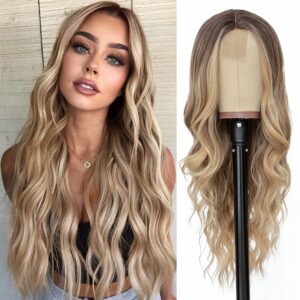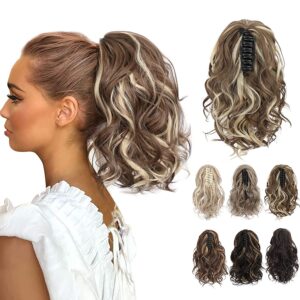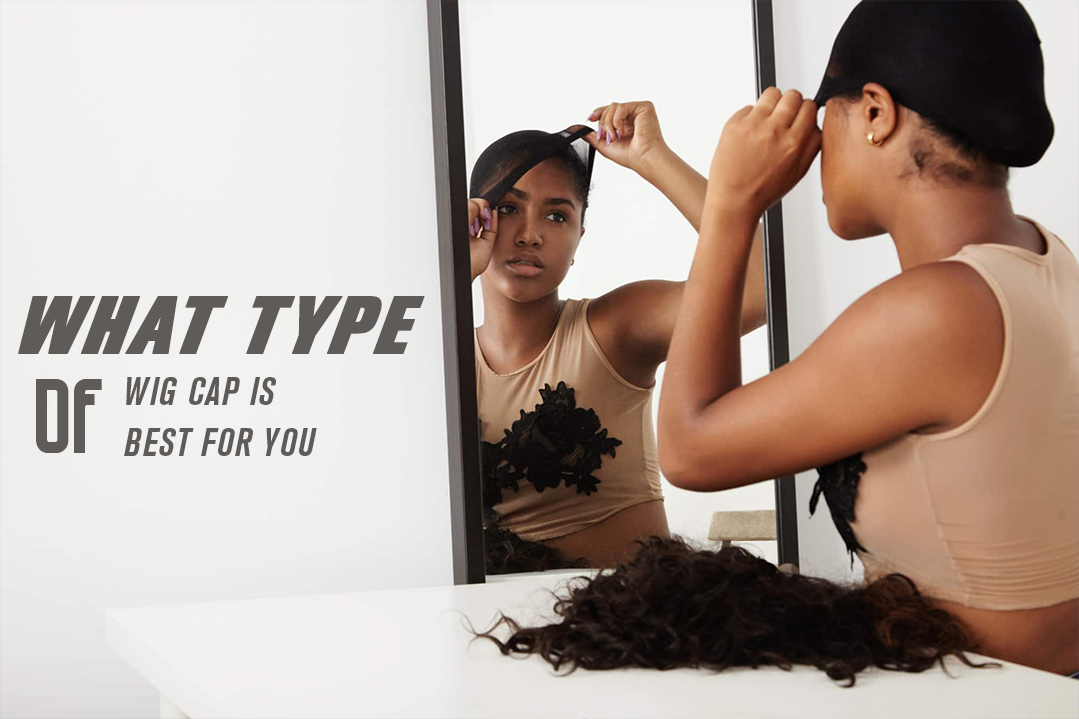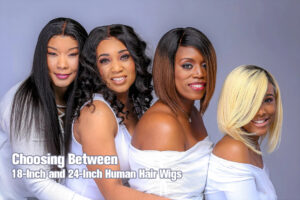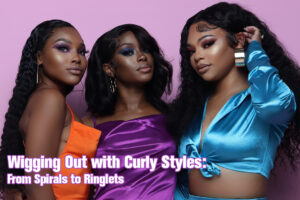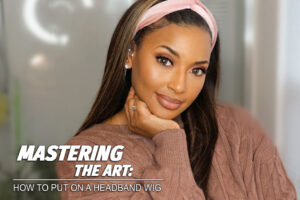Why is it Important of Choosing the Right Wig Cap?
the importance of choosing the right wig cap cannot be overstated. It influences your comfort, the longevity of your wig, your overall appearance, and your confidence. To maximize the benefits of wearing a wig, take the time to select the appropriate wig cap that suits your needs, hairstyle, and preferences.
Comfort and Wearability
Selecting the right wig cap ensures a comfortable fit, preventing headaches and discomfort during prolonged wear.
Natural Appearance
The right cap helps your wig look natural, staying securely in place and blending seamlessly with your own hair.
Hair Protection
It shields your natural hair from damage, reducing the risk of breakage or thinning caused by friction.
Confidence and Longevity
A well-chosen wig cap boosts confidence and extends the lifespan of your wig, making it a worthwhile investment.
Overview of Different Types of Wig Caps
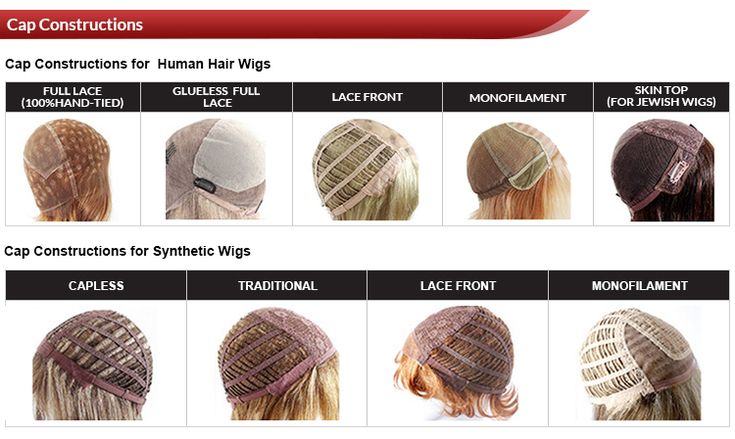
Traditional Wig Caps
- Wefted Wig Caps
These are the most common and affordable wig caps. They feature wefts, which are rows of hair sewn onto the cap. Wefted caps provide good coverage and ventilation.
- Hand-Tied Wig Caps
Hand-tied caps are made by meticulously knotting individual hairs to the cap. They offer a more natural look, enhanced comfort, and greater flexibility in parting and styling.
Wig Liners
- Nylon or Mesh Liners
These are lightweight, breathable liners that can be worn underneath your wig to provide extra comfort and protection for your scalp.
- Bamboo Wig Liners
Made from eco-friendly bamboo fabric, these liners are soft, moisture-wicking, and hypoallergenic, making them suitable for sensitive scalps.
Wig Grips and Bands
- Wig Grips
These are bands or liners with a non-slip surface designed to keep your wig securely in place, preventing it from shifting or slipping.
- Wig Bands
Elastic bands with Velcro closures that help anchor the wig in place while providing added comfort.
Lace Wig Caps
- Full Lace Caps
These caps are entirely made of lace, providing the most natural and realistic look. They are breathable and allow for versatile parting and styling.

- Lace Front Caps
These caps have a lace front section that mimics the natural hairline, offering a realistic look in the front while maintaining durability in the rest of the cap.
How to Choose the Right Wig Cap
1. Consider Your Wig Type
Identify the type of wig you plan to wear, such as a full wig, lace front wig, or wig extension. Different wig types may require specific caps for the best fit and appearance.
2. Evaluate Your Comfort Needs
Prioritize comfort when choosing a wig cap. Opt for materials that are soft and gentle on the skin to prevent discomfort, itching, or irritation.
3. Measure Your Head
Accurate measurements of your head circumference are essential for selecting the right cap size. Refer to size charts provided by wig cap manufacturers to ensure a snug fit.
4. Assess Your Hair Type and Texture
Consider your natural hair type and texture. Thicker or longer hair may require caps with more coverage, while those with fine hair may prefer breathable options.
5. Think About Style and Purpose
Determine your wig’s style and purpose. For a natural look, lace front caps or hand-tied caps offer realistic hairlines and styling versatility.
6. Ventilation and Climate
Factor in the climate and how long you plan to wear the wig. In warm weather, choose caps with good ventilation to prevent sweating and discomfort.
7. Budget Wisely
Set a budget that balances quality and affordability. Keep in mind that higher-quality caps often provide better comfort and durability.

Maintaining Your Wig Cap
Regular Cleaning
- Clean the wig cap after every 3-5 uses using mild shampoo or a wig-specific cleanser.
- Gently rub the cap to remove oils, sweat, and residues.
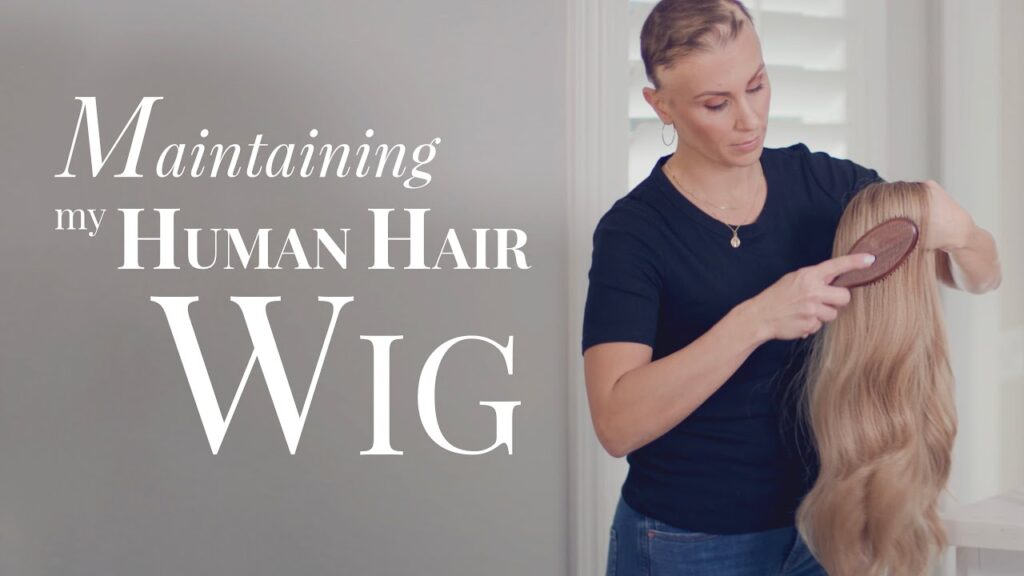
- Rinse thoroughly with lukewarm water and air dry completely, avoiding heat sources.
Proper Storage
- Store your wig cap in a cool, dry place, away from direct sunlight and humidity.
- Avoid folding or crumpling the cap to maintain its shape.
Replacement
- Inspect the cap for signs of wear, stretched elastic, or damage.
- Consider replacing the cap if it becomes loose or shows signs of wear and tear.
Protect from Residues
- Be cautious not to transfer makeup or hair products onto the cap.
- Maintain a clean scalp to prevent oil and sweat from affecting the cap’s cleanliness and comfort.
Common Wig Cap Mistakes to Avoid
1. Choosing the Wrong Size
Selecting a wig cap that doesn’t fit properly can lead to discomfort, headaches, and an insecure fit. Always measure your head accurately and refer to size charts to choose the right size.
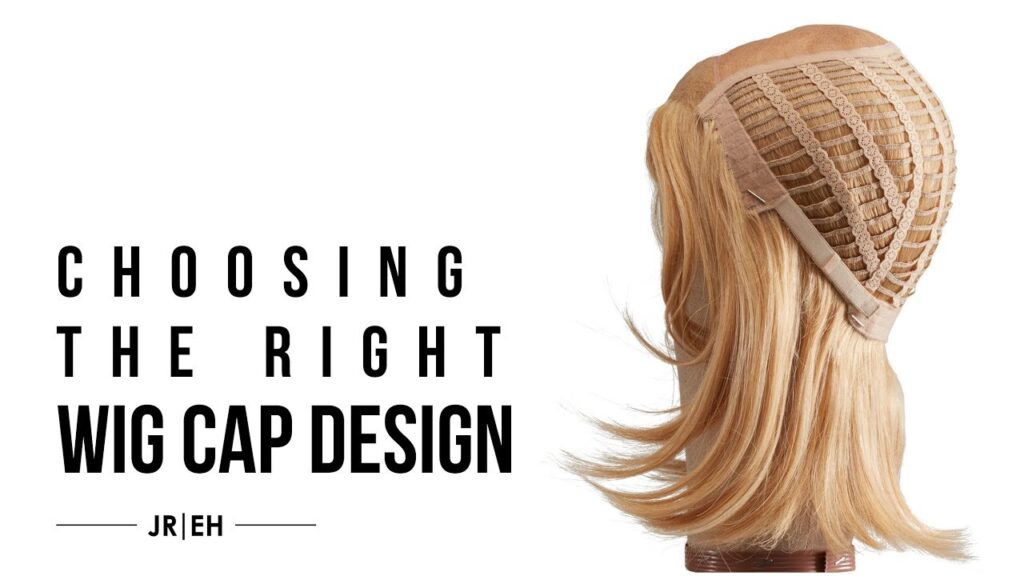
2. Neglecting Comfort
Prioritizing style over comfort can result in discomfort and pain. Ensure the wig cap material is gentle on your skin and that it fits snugly without causing pressure points.
3. Ignoring Maintenance
Failing to clean and maintain your wig cap can lead to a buildup of oils, sweat, and residues, affecting hygiene and longevity. Follow recommended cleaning and care instructions.
4. Not Considering Hair Type
Neglecting your natural hair type and texture can lead to an unnatural appearance or difficulty securing the wig. Choose a cap that complements your hair type.
5. Using the Wrong Cap for the Wig Type
Different wigs require specific caps for the best results. Using an incompatible cap can result in an ill-fitting wig or an unrealistic look. Match the cap to the wig type for optimal performance.

